Traveling for the first time is a curious mix of excitement and mild panic—a kind of emotional cocktail nobody really prepares you for. It’s also the moment when all those vague daydreams about far-off places collide with the harsh truths of packing, navigating airports, and deciphering foreign menus. You might think you have it all figured out, only to realize that the TSA’s definition of “carry-on” is some bizarre art form designed specifically to thwart your ambitions.
This first leap into the unknown has a way of stripping everything down into basics: How do you get from point A to point B without losing your mind? What’s really worth packing versus what ends up sitting, untouched, in your suitcase? And, I suppose, how do you even start planning a trip without getting overwhelmed by a million options?
Here’s the thing. There’s no universal rulebook for first-time travel. But there are definitely smarter ways to start—getting your ducks in a row so that when you touch down, you’re not questioning all your life choices. So if the idea of booking a flight, packing bags, and stepping out into the world feels equal parts thrilling and terrifying, then this guide might be just the kind of lifeline you didn’t know you needed. Or maybe something like it.
Why Your First Trip Matters More Than You Think
Your inaugural journey isn’t just about the destination—it’s about discovering what kind of traveler you are. Are you the type who needs every minute planned, or do you thrive on spontaneous detours? Do you prefer blending in with locals or embracing your tourist status with pride? There’s no wrong answer, but understanding your travel personality early will save you from some spectacular mishaps.
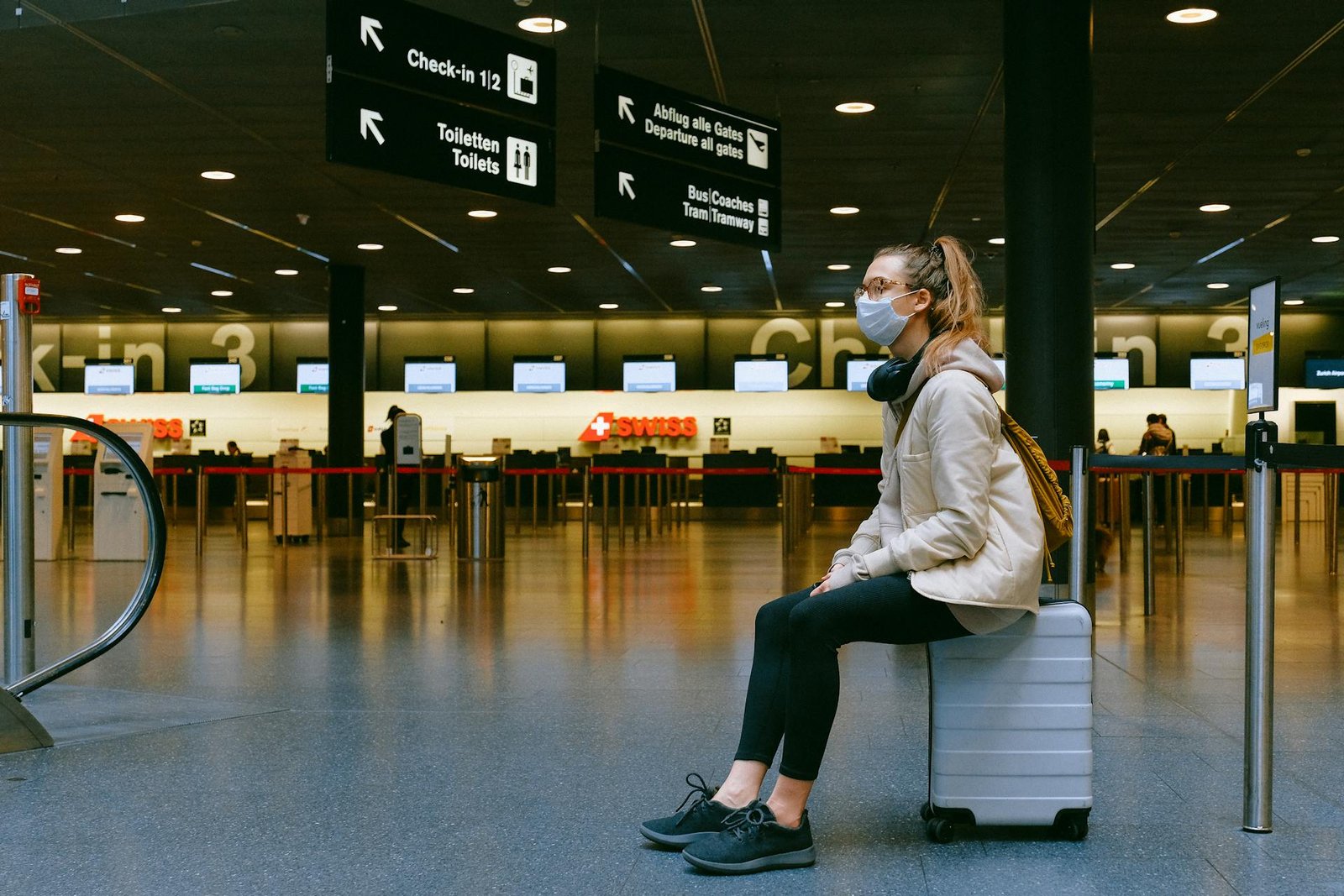
I learned this the hard way when I booked a “flexible” itinerary through Southeast Asia, thinking I’d figure it out as I went. Three days in Bangkok, I was crying into a bowl of pad thai because I had no idea where to sleep that night. Not my finest moment, but it taught me that some structure isn’t the enemy of adventure—it’s what makes adventure possible.
Getting Your Documents Right (Because Nothing Kills Wanderlust Like Bureaucracy)
Passport Essentials
Let’s start with the obvious: you need a passport. But here’s what they don’t tell you—passport processing times can be wildly unpredictable. The official timeframe is 6-8 weeks for routine service, but I’ve seen people wait three months during peak season. Apply early, like embarrassingly early.
Pro tip: Check your passport’s expiration date. Many countries require six months of validity remaining. I once watched someone get turned away at check-in for a trip to Thailand because their passport expired in five months and twenty-nine days. The airline agent was sympathetic but inflexible.
Visa Requirements
Visa requirements are like that friend who changes plans last minute—you think you understand them until you don’t. The good news is that US, UK, and EU passport holders have pretty strong travel privileges. Sites like VisaHQ or iVisa can help you navigate the maze, though I always double-check with official embassy websites because, well, I’m paranoid like that.
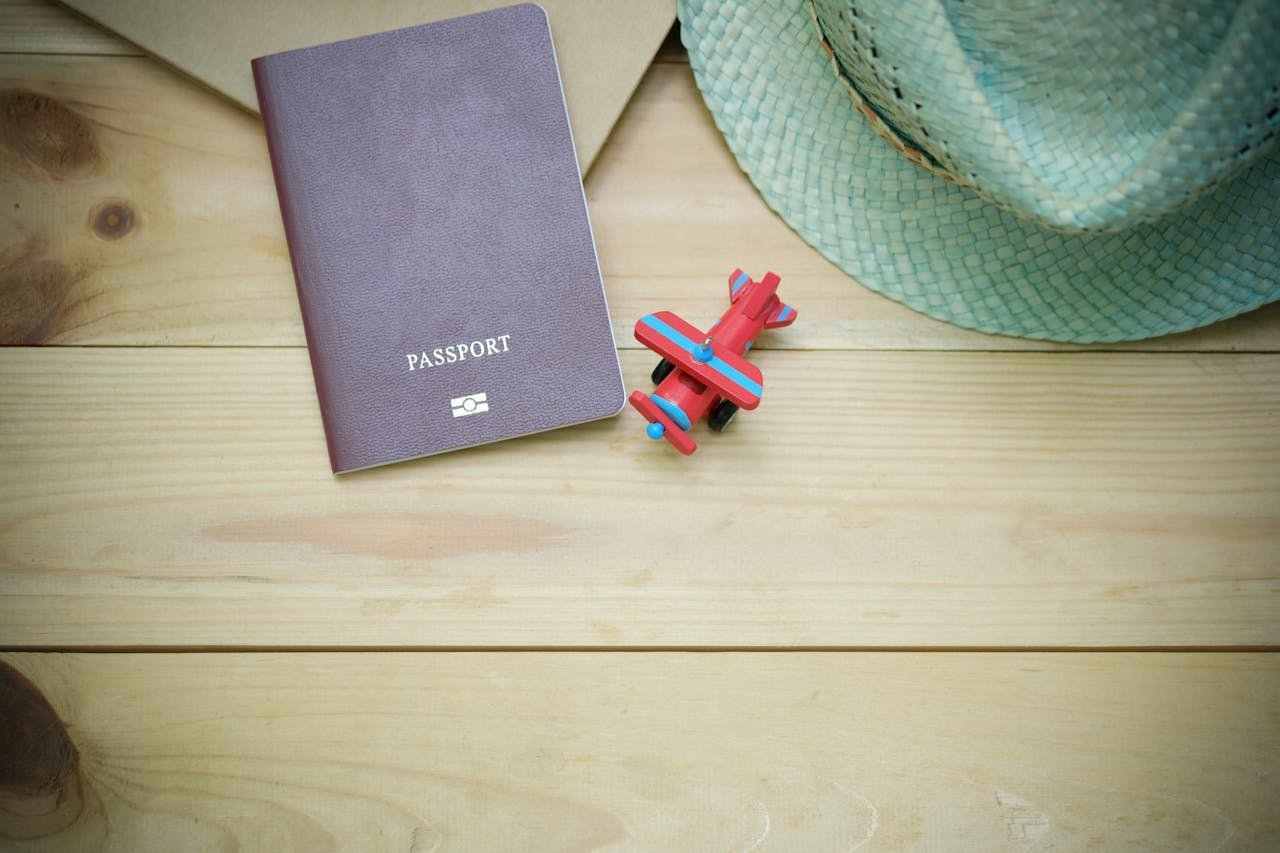
Money Matters: Because ATM Fees Are the Silent Trip Killers
Nothing deflates travel dreams faster than watching your budget evaporate through sneaky fees and terrible exchange rates. Here’s what I’ve learned after years of financial face-palms:
Banking Strategy
Before you leave, call your bank. I know, I know—who calls banks anymore? But trust me on this one. Tell them your travel dates and destinations, or your card will get frozen the moment you try to buy a coffee in Prague. I speak from experience, and Czech baristas don’t appreciate financial drama.
Consider getting a travel-friendly credit card like the Chase Sapphire Preferred or Capital One Venture. These cards typically waive foreign transaction fees and offer better exchange rates than most banks.
Cash vs. Cards
The eternal travel debate. My rule: carry some cash for small vendors and tips, but rely mainly on cards. Cash is king in places like Germany and Japan, while Nordic countries have practically eliminated physical money. Do your homework on your destination’s payment preferences.
Packing: The Art of Bringing Your Life in a Suitcase
Packing for your first trip feels like solving a Rubik’s cube blindfolded. You’ll overpack—we all do. I once brought five pairs of jeans for a week in Italy because I “might need options.” I wore two pairs total.
The Essential Packing List
Clothing Strategy:
- Pack for the climate, not the fantasy. That sundress is useless in Scotland in November, no matter how cute it looks.
- Bring comfortable walking shoes and one dressier pair. Your feet will thank you.
- Layer-friendly pieces work better than bulky items
Tech Essentials:
- Universal adapter (Epicka makes solid ones)
- Portable charger—your phone will die at the worst possible moment
- Backup charging cables
Health and Safety:
- Basic first aid kit
- Any prescription medications in original bottles
- Hand sanitizer (yes, even post-pandemic)
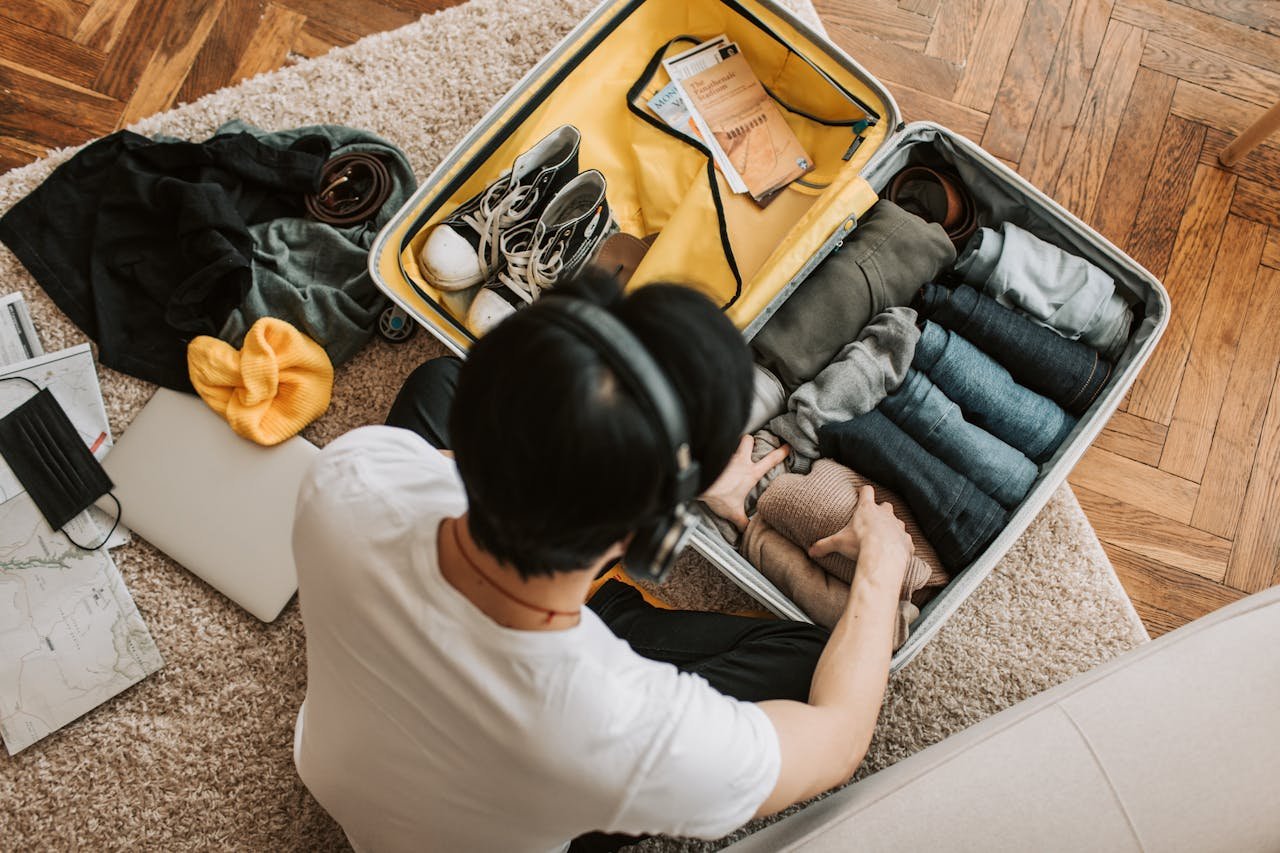
Luggage Wisdom
Invest in decent luggage, but don’t go crazy. A reliable carry-on like the Travelpro Maxlite 5 will serve you better than an expensive designer case that falls apart after one rough baggage handler encounter.
Choosing Your First Destination
This decision can feel paralyzing. Should you start easy or dive into the deep end? There’s merit to both approaches, but I lean toward starting somewhere that excites you without overwhelming you completely.
Beginner-Friendly Destinations
For English Speakers:
- Ireland: English-speaking, friendly locals, easy to navigate
- Australia: Familiar culture with exotic wildlife
- Canada: Like home but with better healthcare jokes
For Adventure with Training Wheels:
- Netherlands: Everyone speaks English, efficient transport, bike-friendly
- Portugal: Affordable, beautiful, increasingly English-friendly
- Czech Republic: Stunning architecture, cheap beer, central European charm
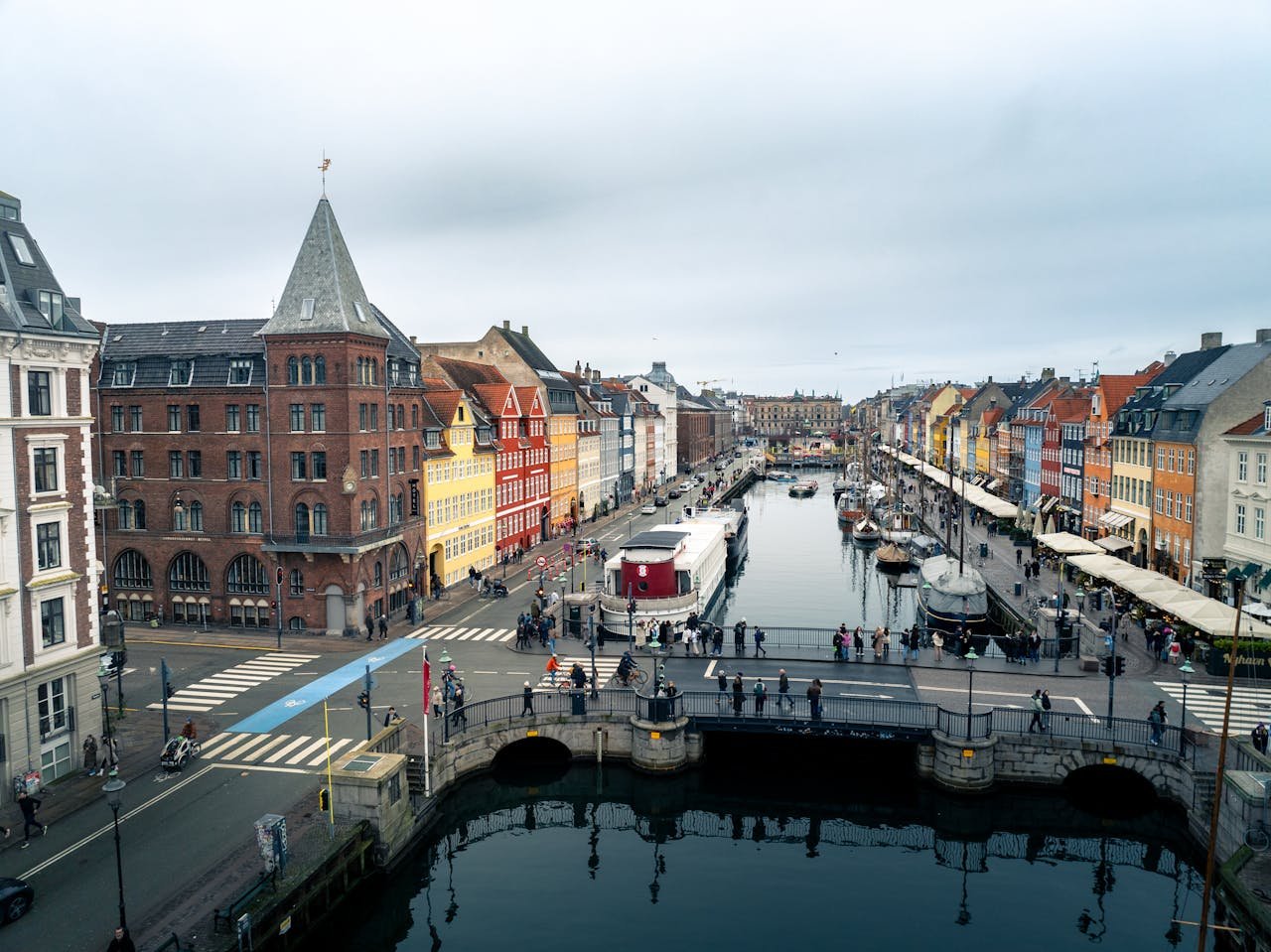
Booking Your Trip: Navigating the Digital Maze
Flights
Flight booking is an art form wrapped in psychological warfare. Airlines use dynamic pricing that makes stock markets look stable. Here’s my approach:
Timing: Tuesday afternoons were once the magic hour for deals, but that’s mostly myth now. Book domestic flights 1-3 months ahead, international flights 2-8 months ahead.
Tools: Google Flights for research, Skyscanner for alternatives, Scott’s Cheap Flights (now Going) for deals.
Accommodation
Your lodging choice sets the tone for your entire trip. Hotels offer consistency and service, hostels provide community and budget savings, Airbnb gives you local neighborhood experiences.
For first-timers, I usually recommend starting with hotels in central locations. Sites like Booking.com offer free cancellation on many properties, which provides flexibility for anxious planners.
Travel Insurance: The Boring Thing That Saves Lives
I used to think travel insurance was a scam until I got food poisoning in Morocco and needed medical evacuation. Suddenly that $50 premium looked like the deal of the century.
World Nomads and Allianz offer comprehensive coverage for reasonable prices. Read the fine print—some policies exclude “adventurous” activities, and their definition of adventurous might surprise you.
Managing Travel Anxiety
Let’s address the elephant in the departure lounge: travel anxiety is real and normal. The unknown can be terrifying, especially when you’re dealing with different languages, currencies, and customs.
Preparation as Anxiety Medicine
Knowledge is the best anxiolytic I know. Research your destination, but don’t go overboard. Learn basic phrases, understand cultural norms, know how to get from the airport to your hotel. But leave room for discovery—over-planning can kill spontaneity.
First Day Strategy
Plan your first day carefully. Arrive early enough to settle in, schedule something easy and enjoyable, and don’t pack too much into your itinerary. Jet lag plus cultural overload equals meltdown material.
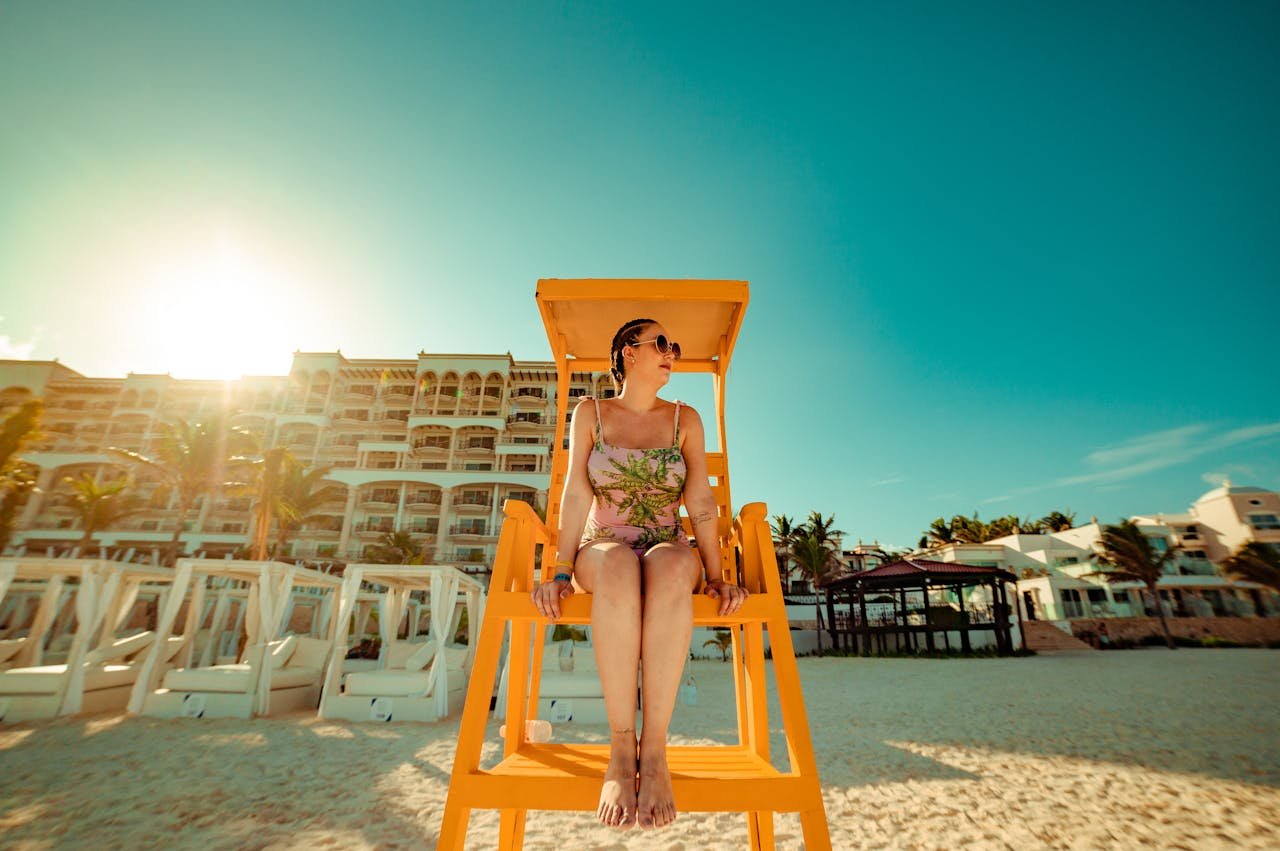
Cultural Immersion Without Culture Shock
Every destination has unwritten rules that locals follow instinctively. Tipping culture varies wildly—mandatory in the US, insulting in Japan, rounded up in Germany. Public transport etiquette, dining customs, personal space expectations—these small things make big differences.
Don’t stress about perfection. Most locals appreciate effort over accuracy. I once spent ten minutes trying to order coffee in broken Italian while the barista waited patiently, then replied in perfect English. We both laughed, and I got a free pastry for the entertainment value.
Technology: Your Digital Travel Companion
Your smartphone transforms from a communication device to a survival tool when traveling. Essential apps for first-timers:
Navigation: Google Maps works offline if you download areas in advance Translation: Google Translate can even translate signs through your camera Currency: XE Currency for quick conversions Communication: WhatsApp works globally with WiFi
Safety Without Paranoia
Travel safety isn’t about avoiding all risks—it’s about managing them intelligently. Most destinations are safer than your hometown, but different places have different challenges.
Common Sense Rules:
- Keep copies of important documents separate from originals
- Don’t flash expensive electronics unnecessarily
- Trust your instincts—if something feels wrong, leave
- Stay connected—regular check-ins with home provide peace of mind
Transportation: Getting Around Like You Belong
Transportation in foreign places can feel like solving puzzles with rules nobody explained. Public transport is usually your friend—it’s cheap, authentic, and environmentally friendly. But don’t be too proud for taxis or ride-shares when you’re tired, lost, or carrying luggage.
Citymapper works brilliantly in major cities, showing you every transport option with real-time updates. For longer distances, Rome2Rio maps out all possible routes between destinations.
Food Adventures: Eating Your Way Through New Cultures
Food is the universal language of travel. Street food often beats restaurants for authenticity and price, but use judgment—busy stalls with high turnover are usually safe bets.
Don’t be afraid to point and smile when language fails. I’ve had some of my best meals this way, including a spectacular fish curry in Kerala after playing charades with a vendor who spoke no English.
The Learning Curve: Embracing Mistakes
Here’s something nobody tells first-time travelers: you’re going to mess up, probably multiple times. I’ve missed flights, booked hotels in wrong cities, and once spent three hours on a bus going the opposite direction because I was too embarrassed to ask for help.
These mistakes become the stories you’ll tell for years. They’re not failures—they’re part of the education. The person who returns from their first trip has learned something valuable about resilience, adaptability, and their own capabilities.
Coming Home: The Reverse Culture Shock
The hardest part of travel might be coming back. You’ll notice things about home you never saw before—good and bad. This perspective shift is one of travel’s greatest gifts, even if it feels unsettling initially.
Give yourself time to readjust. Look through photos, plan your next trip, and stay connected with people you met along the way. Travel changes you, and that change deserves to be honored.
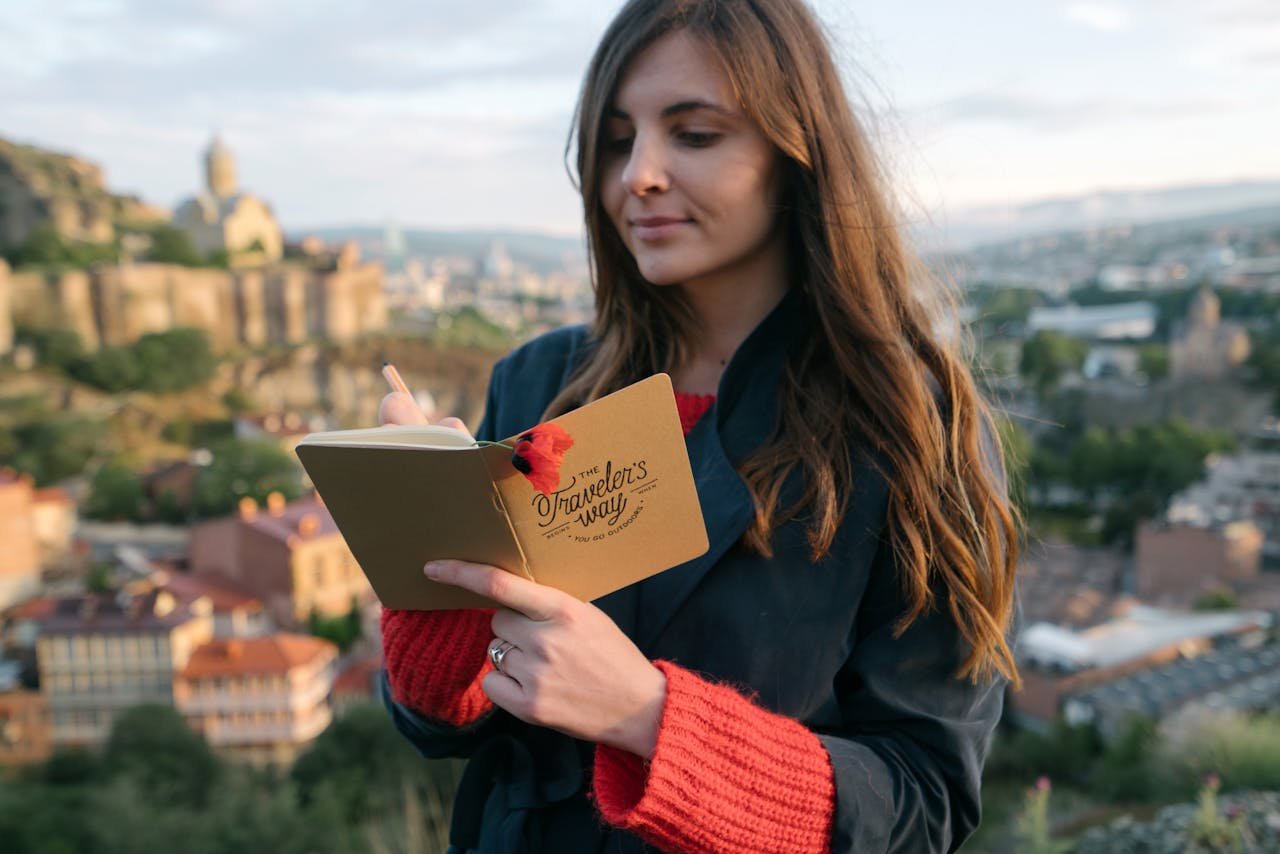
Final Thoughts
Your first trip won’t be perfect, and that’s perfectly fine. Perfect trips exist only in carefully curated Instagram feeds and travel brochures. Real travel is messy, uncomfortable, surprising, and transformative.
The hardest part is taking that first step—booking the ticket, requesting time off, committing to the unknown. Everything else is just logistics, and logistics can be solved.
So pack that bag, charge your phone, and prepare for the adventure of discovering who you become when everything familiar is stripped away. Trust me, it’s worth it.
Frequently Asked Questions
How much should I budget for my first international trip?
Answer: Budget varies wildly depending on destination, but a general rule is $100-150 per day for mid-range travel, including accommodation, meals, and activities. Research specific costs for your destination and add 20% for unexpected expenses.
Do I need travel insurance for my first trip?
Answer: Absolutely yes. Travel insurance covers medical emergencies, trip cancellations, and lost luggage. It’s relatively inexpensive compared to potential costs if something goes wrong.
What documents do I need for international travel?
Answer: At minimum, you need a valid passport (check expiration dates), visa if required, travel insurance documents, and copies of all important papers stored separately from originals.
How early should I arrive at the airport for international flights?
Answer: Arrive 3 hours early for international flights from major airports, potentially earlier during peak travel times or from smaller airports with limited staff.
Should I exchange money before I travel?
Answer: Get a small amount of local currency before traveling for immediate expenses, but generally, ATMs at your destination offer better exchange rates than airport currency exchanges.
What’s the best way to stay connected while traveling?
Answer: Check international roaming plans with your provider, consider local SIM cards for longer trips, or rely on WiFi and offline apps like Google Translate and offline maps.
How do I avoid looking like a tourist target?
Answer: Dress modestly and similarly to locals, avoid flashy jewelry, keep expensive electronics discrete, stay aware of your surroundings, and research common scams for your destination.
What should I pack for my first international trip?
Answer: Pack versatile clothing that mixes and matches, essential medications, phone charger, comfortable walking shoes, and copies of important documents. Pack half of what you think you need.
How do I deal with language barriers?
Answer: Learn basic phrases in the local language, download translation apps, use gestures and patience, and remember that most people are patient with travelers making an effort to communicate.
What if something goes wrong during my trip?
Answer: Stay calm, contact your travel insurance company, reach out to your embassy or consulate if needed, keep digital and physical copies of important documents, and remember that most problems have solutions.
Recommended Travel Resources
Travel Planning and Booking:
- Skyscanner – Compare flight prices across multiple airlines and find deals
- Booking.com – Wide selection of accommodations with flexible cancellation policies
- Hostelworld – Best platform for finding and booking hostels worldwide
- Airbnb – Unique accommodation options for authentic local experiences
- Rome2Rio – Multi-modal transport search showing all travel options between destinations
Travel Insurance and Safety:
- World Nomads – Comprehensive travel insurance designed for independent travelers
- SafetyWing – Affordable travel insurance with digital nomad-friendly coverage
- Smart Traveler – US State Department travel advisories and safety information
Money and Banking:
- Charles Schwab Checking – No foreign transaction fees and ATM fee reimbursement
- Revolut – Multi-currency card with excellent exchange rates
- XE Currency – Real-time exchange rates and currency converter
Communication and Navigation:
- Google Translate – Essential for overcoming language barriers
- Maps.me – Detailed offline maps that work without internet connection
- Citymapper – Best urban transportation app for major cities worldwide
Cultural Research and Reviews:
- Culture Trip – Cultural insights and local recommendations from expert writers
- Atlas Obscura – Unique and unusual attractions off the beaten path
- TripAdvisor – User reviews for restaurants, attractions, and accommodations
Packing and Gear:
- Tortuga Backpacks – Travel backpacks designed for carry-on convenience
- Eagle Creek – Packing cubes and travel organization gear
- Uniqlo – Lightweight, versatile travel clothing

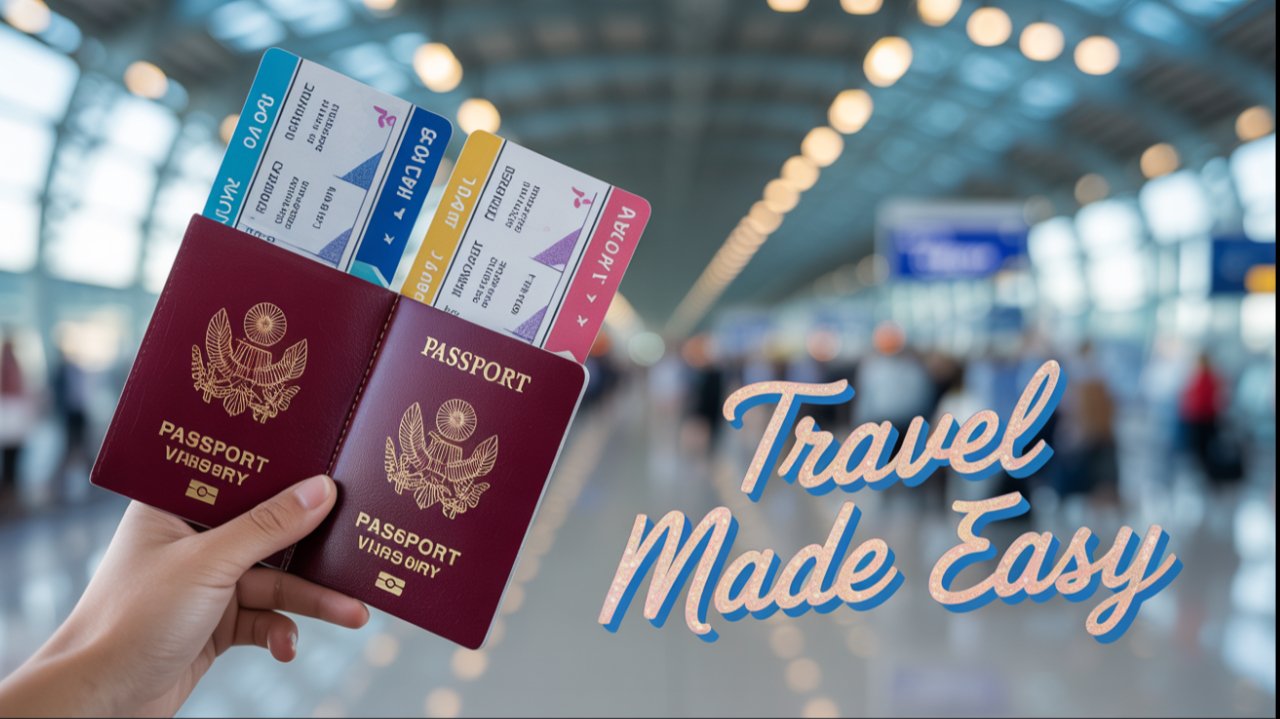
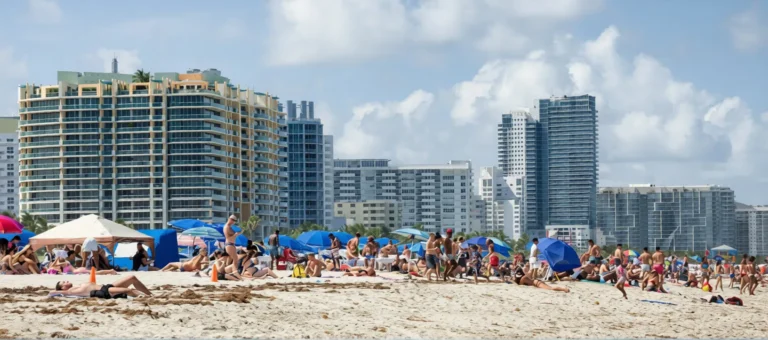

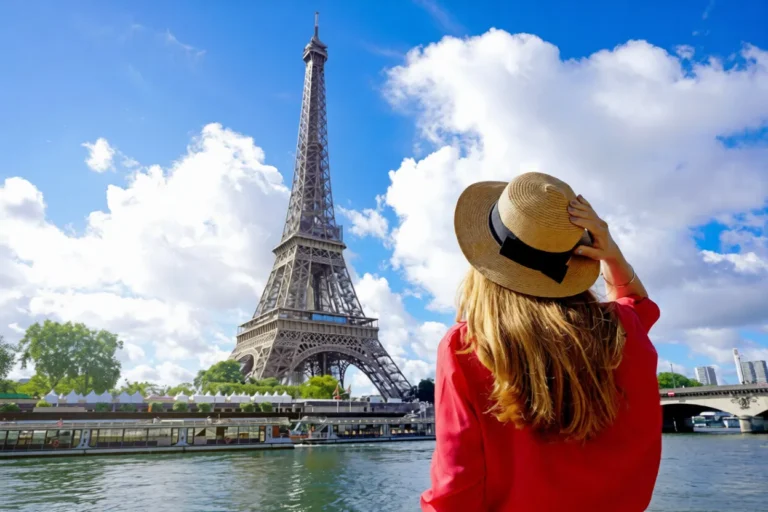

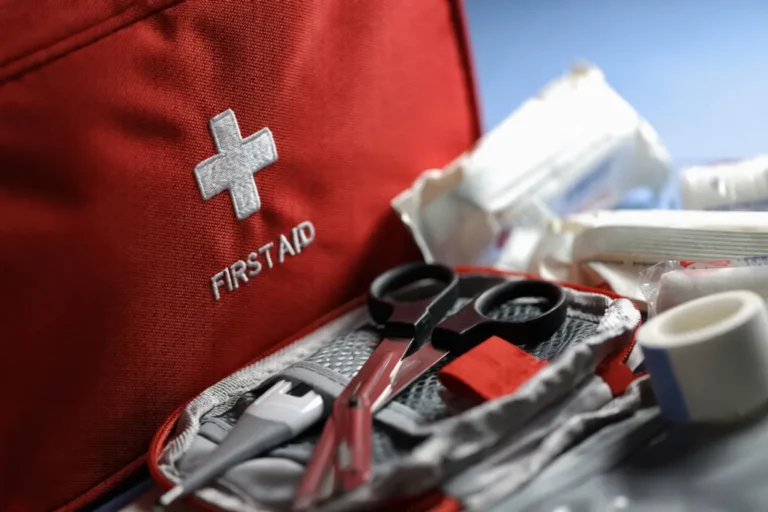
Simply wanna comment on few general things, The website pattern is perfect, the articles is rattling good : D.